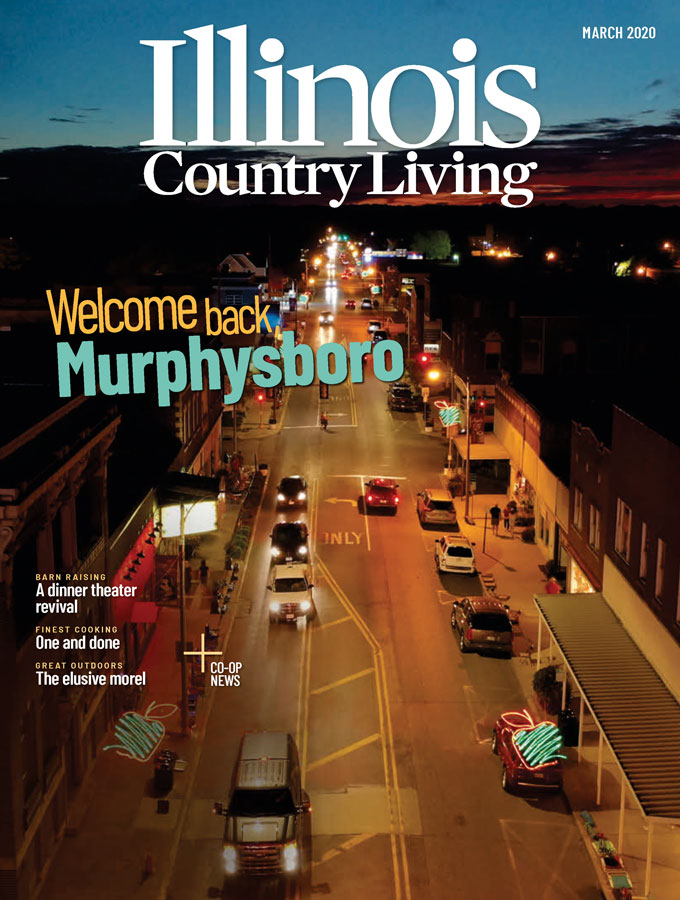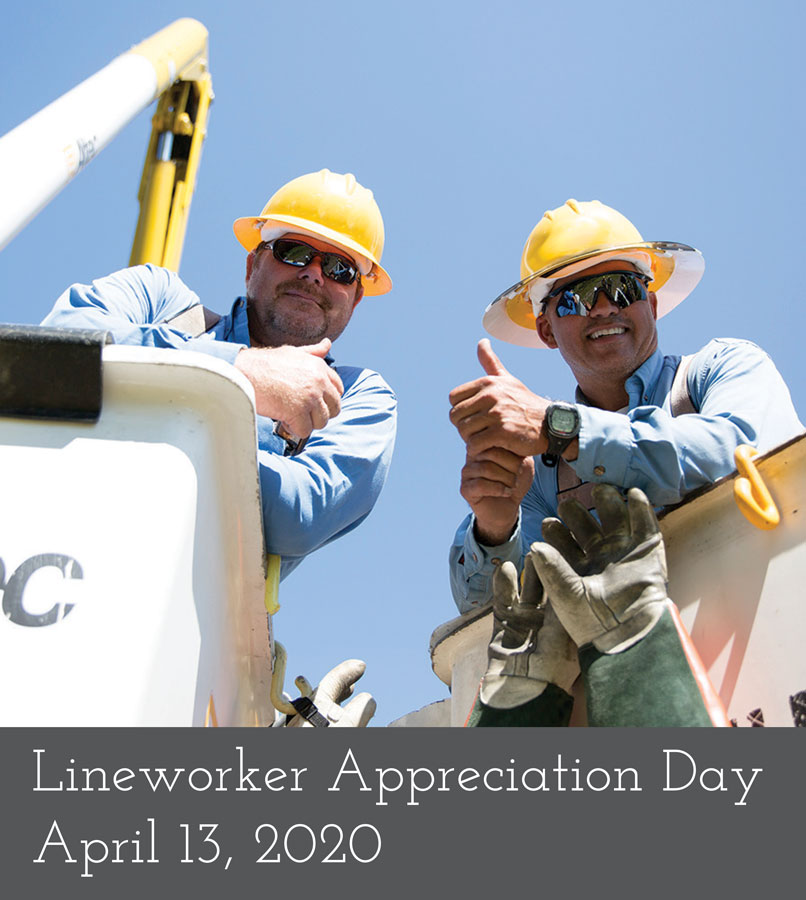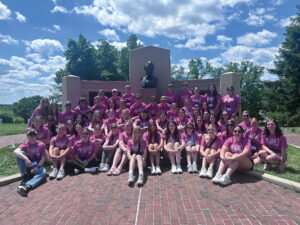When Jo-Carroll Energy (JCE) acquired the Illinois assets of Alliant Energy more than 10 years ago, it faced an immediate challenge: how to get a handle on the 16 additional substations that came as part of the deal when no blueprints existed.
Before the cooperative teamed up with a Dubuque, Iowa company on a solution involving 3-D digital scans and virtual reality technology, training was an onerous task with the substations 25 to 70 miles away from co-op headquarters.
“We had a different style of construction on those substations versus our traditional substations. They weren’t completely different but different enough that the lack of detailed documentation was a concern,” said Dean Skinner, manager of engineering services at JCE.
Today, engineers at JCE and its power suppliers, Dairyland Power Cooperative and Prairie Power, can access highly detailed, accurate scans of 18 of the co-op’s 34 substations without leaving their offices.
“Engineers can visit a substation virtually to take measurements and view equipment, saving time and resources,” said Mike Casper, JCE’s president and CEO.
The co-op and the company have been working on the project for several years, said Skinner. Early scans generated “3-D point clouds.” Thanks to advances in digital technology, a more sophisticated scanner can snap full-color, panoramic images of each substation and merge them with the point clouds.
“Putting those two technologies together really made a very powerful combination,” said Skinner. He added that the co-op learned from the vendor how to do its own scans and rents equipment, which keeps costs low.
Outside consultants unfamiliar with the co-op and working on system upgrades especially appreciate the scans.
Encouraged by that project’s success, the co-op is exploring immersive VR trainings on one of the scanned substations.
While workers embraced the technology, it’s not a part of everyday training. The full immersion component is in its infancy and requires more customized programming, an exacting, exhaustive and expensive process.
VR has a lot of potential as a training tool because it can shorten the learning curve on new tasks, keep workers fresh on certain skills and provide a safe learning environment, said Casper.
Source: Victoria Rocha, NRECA









